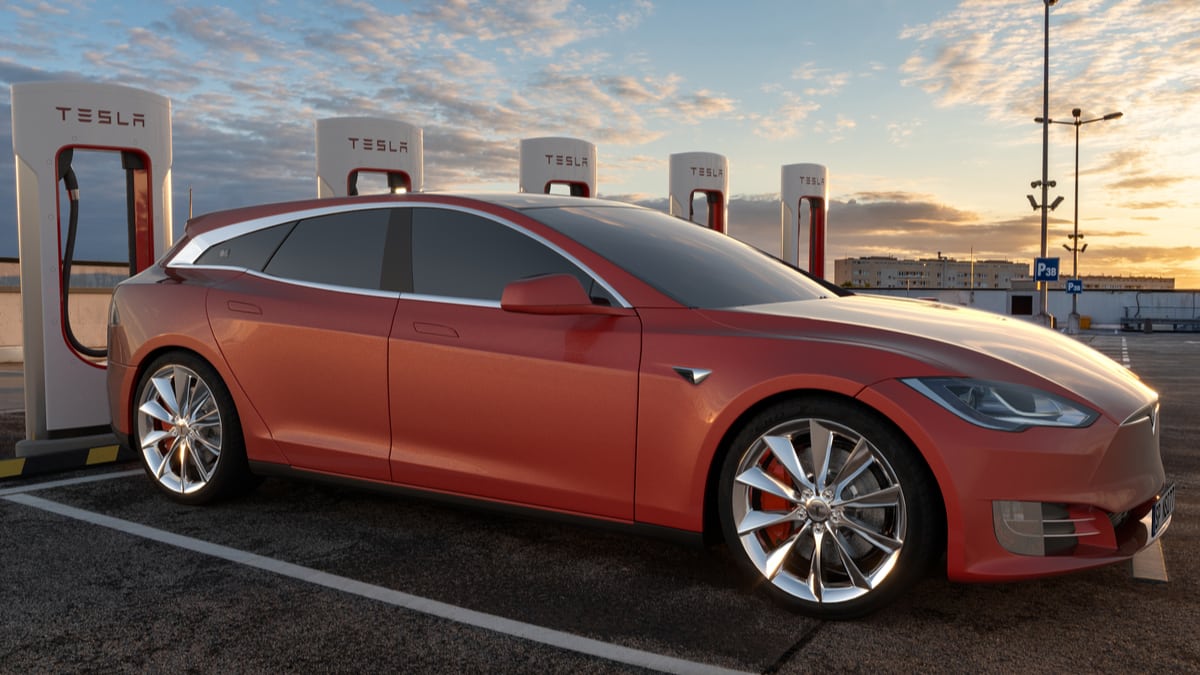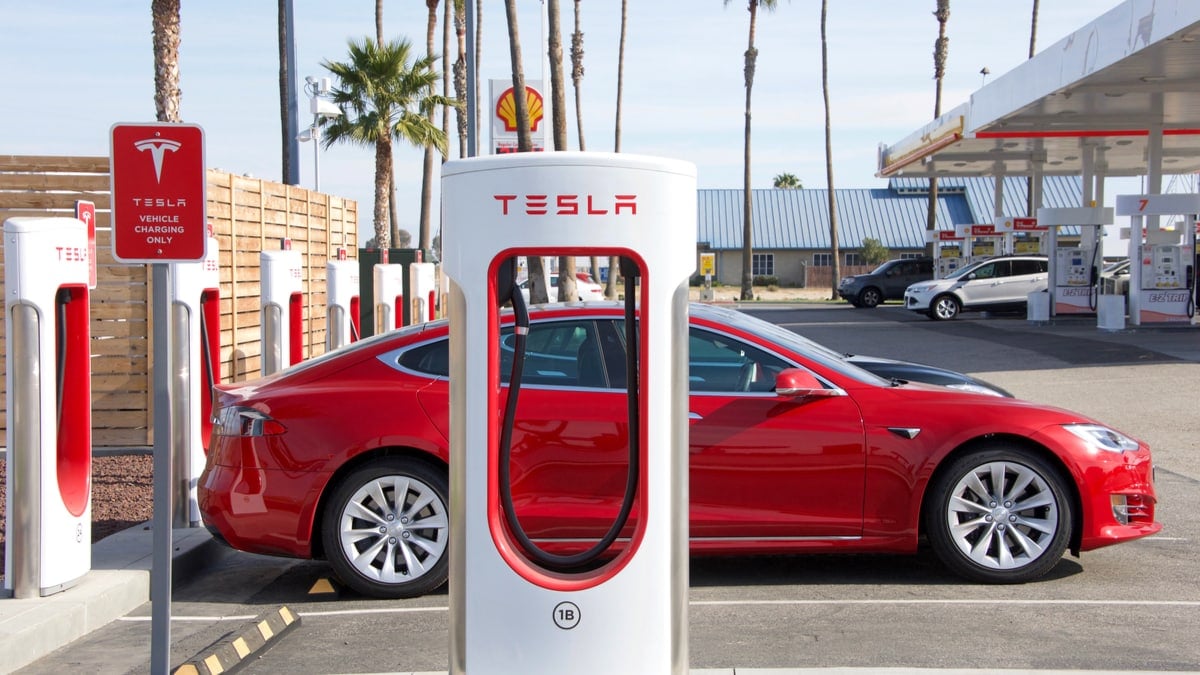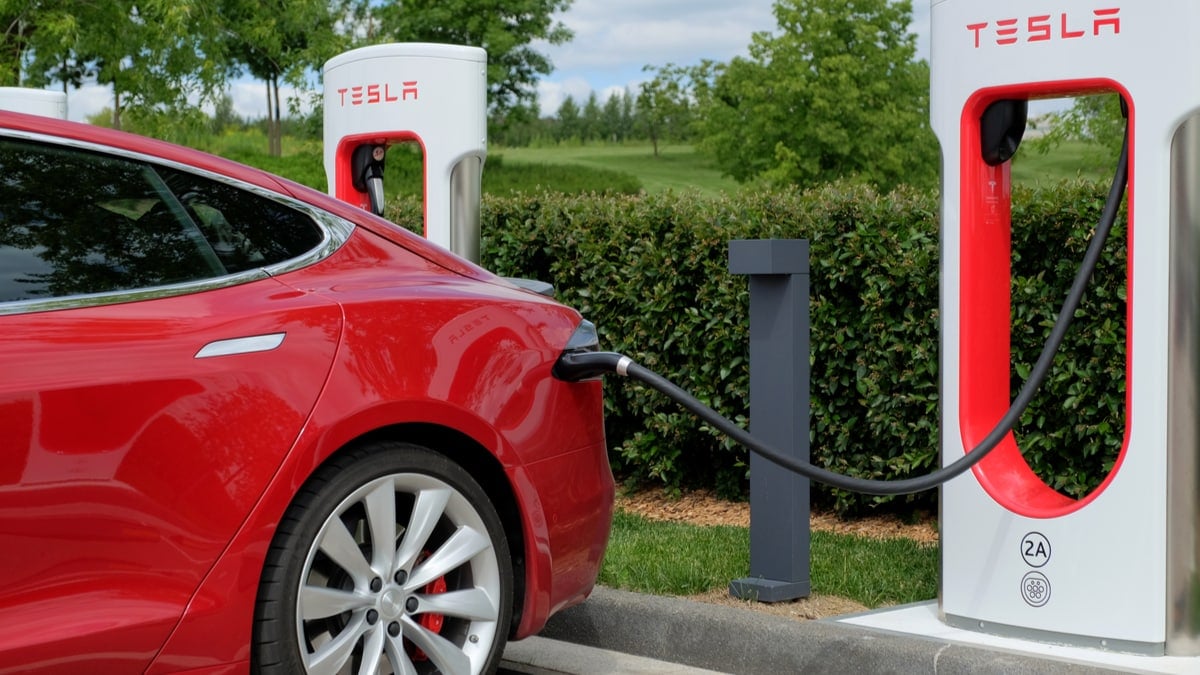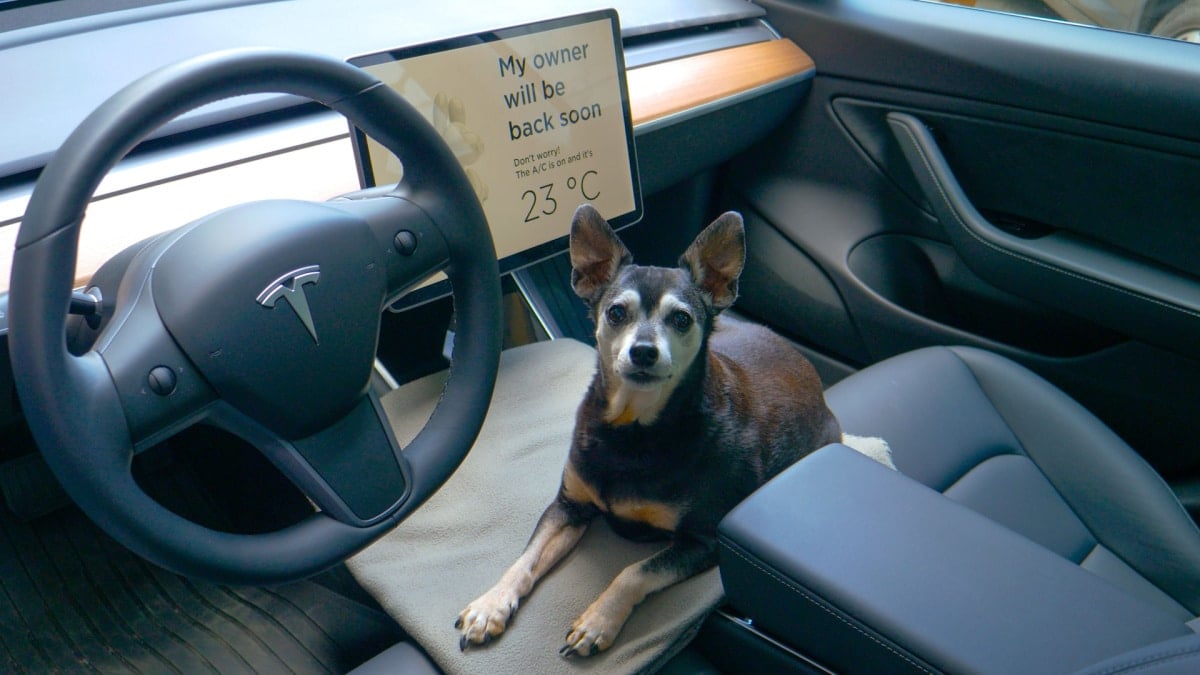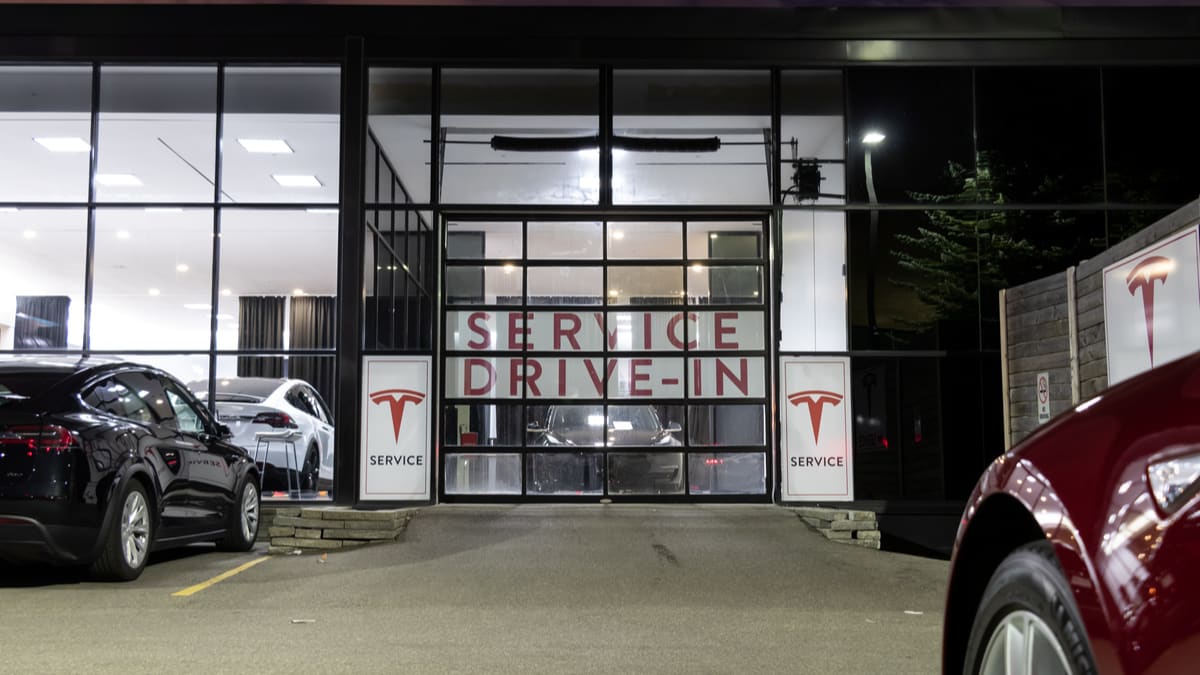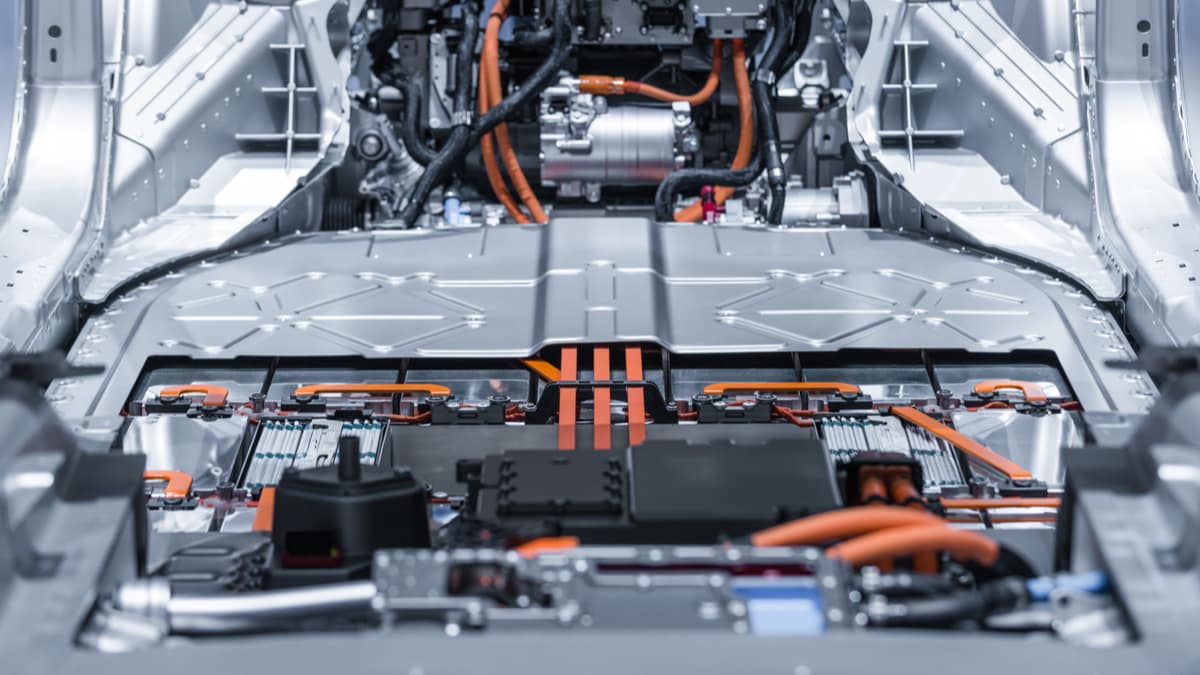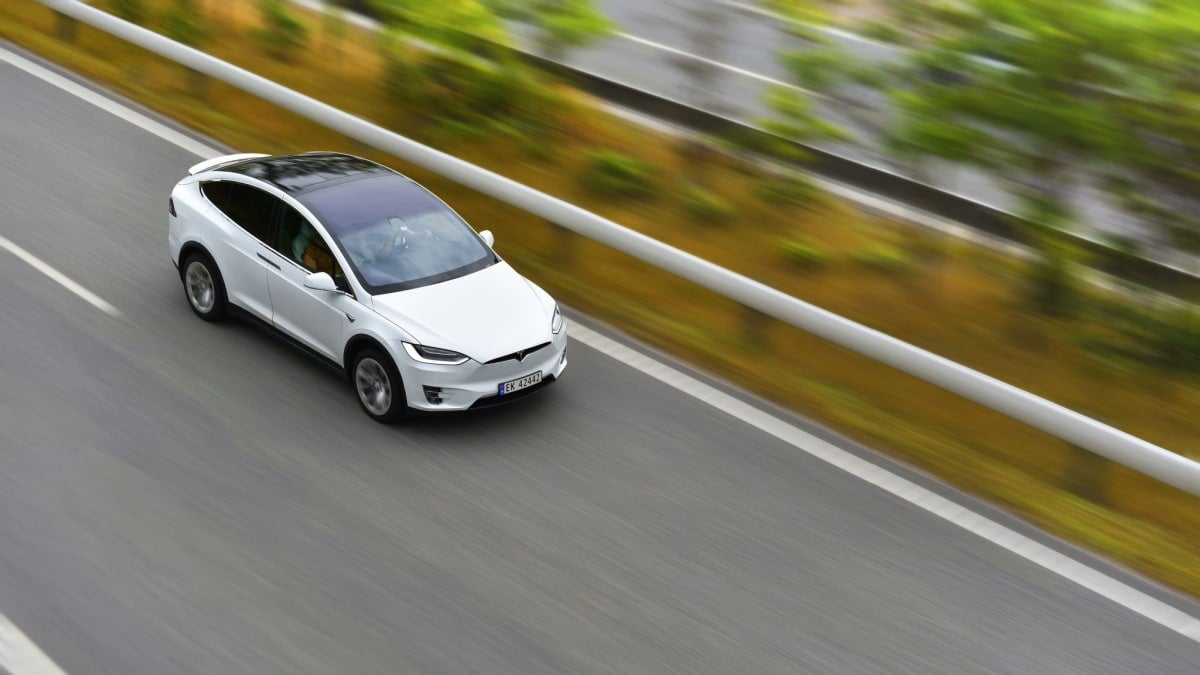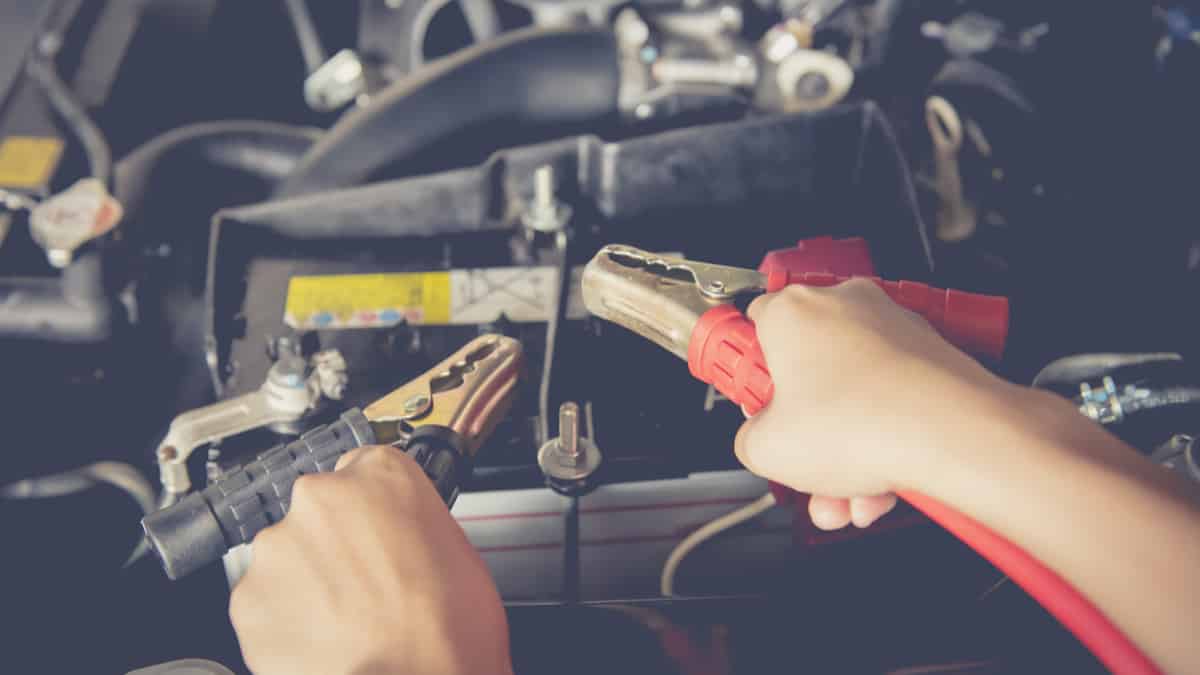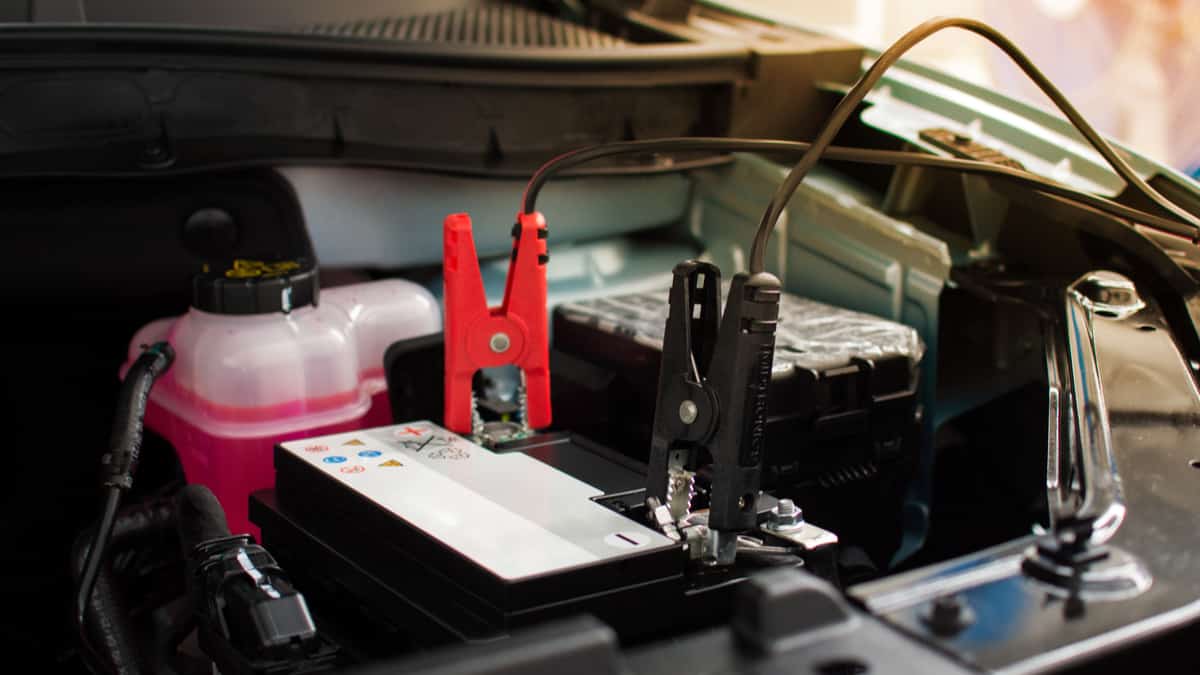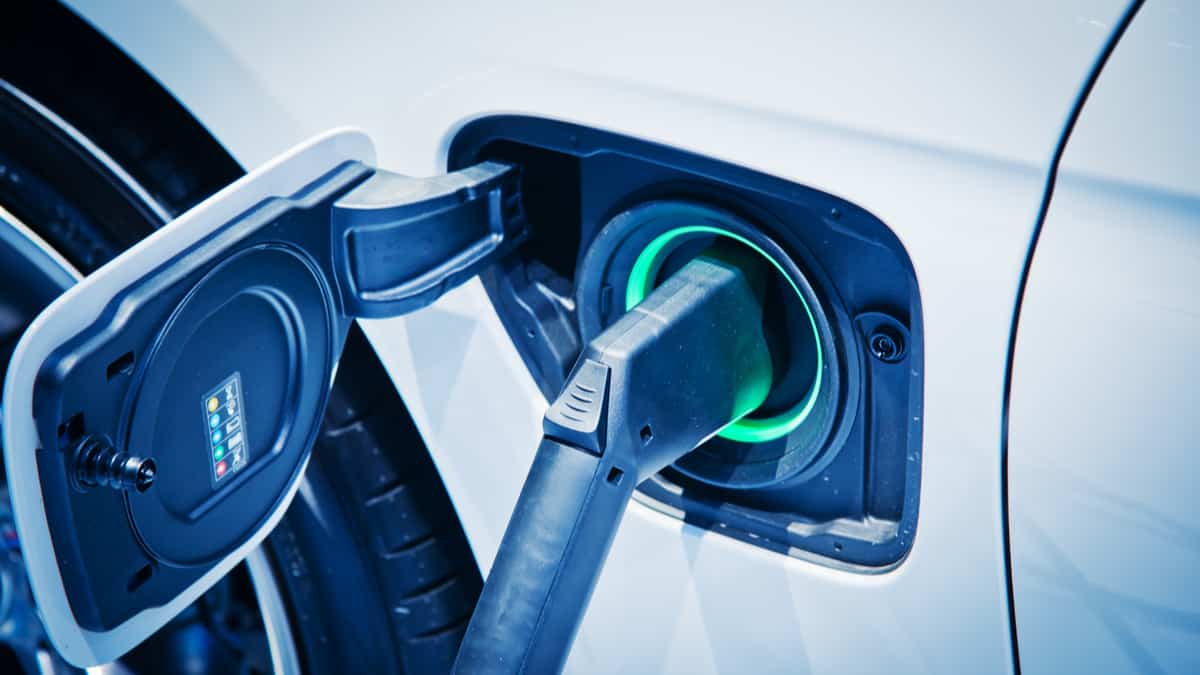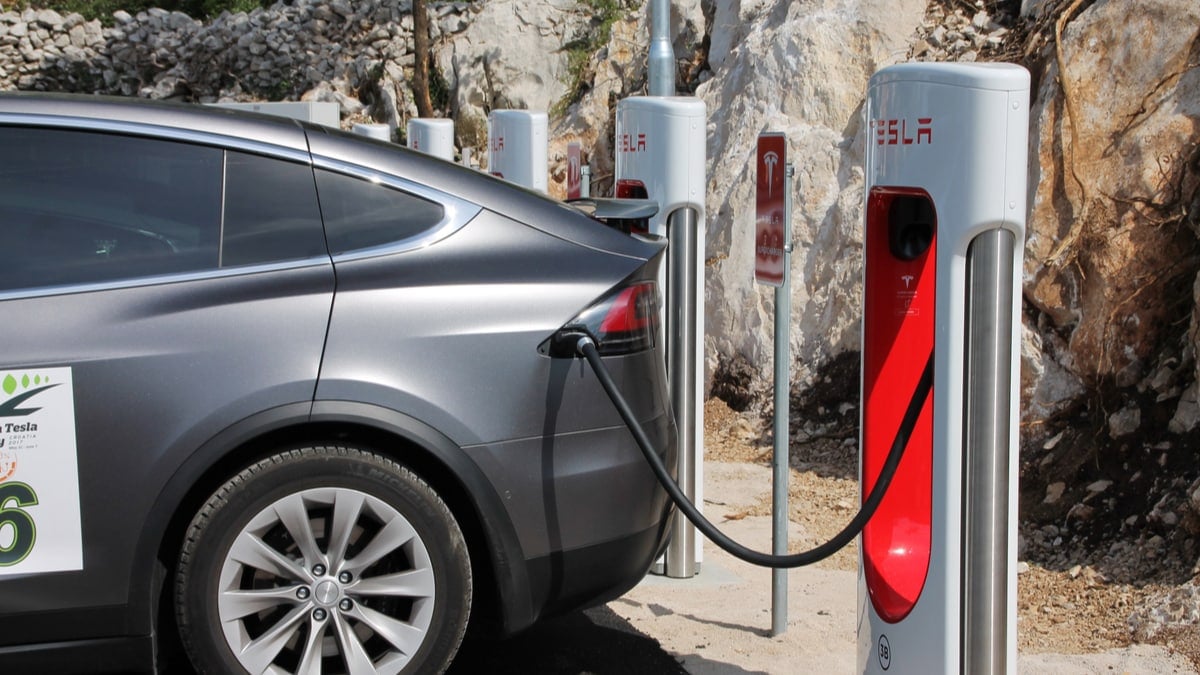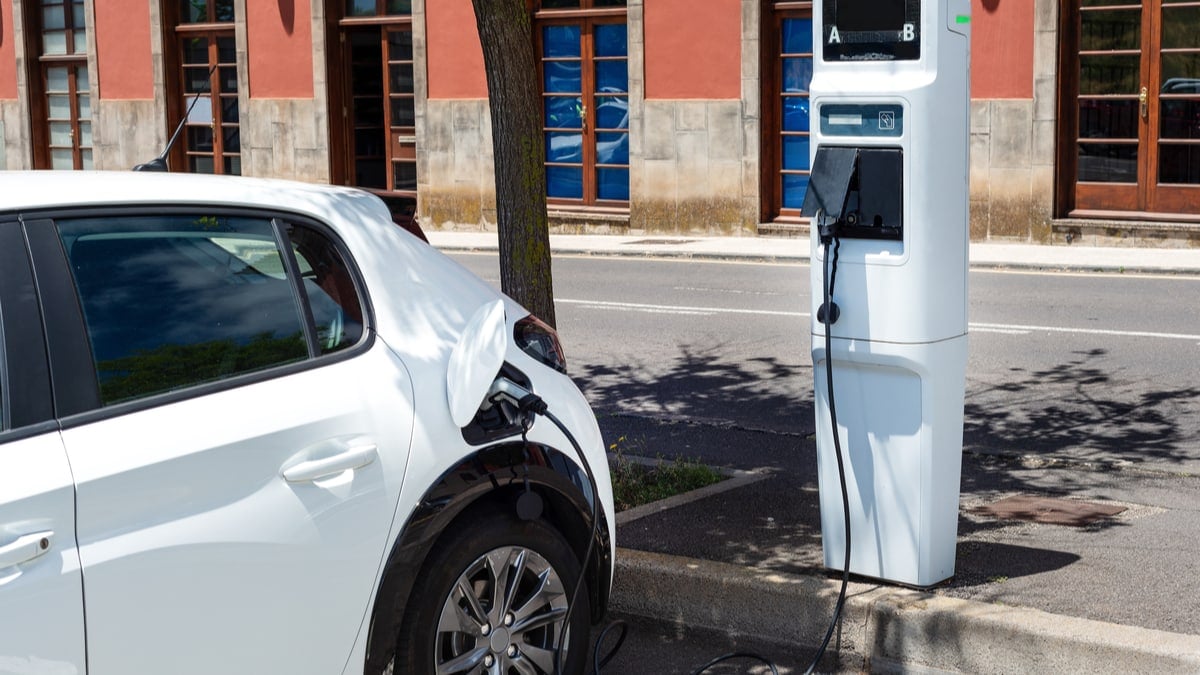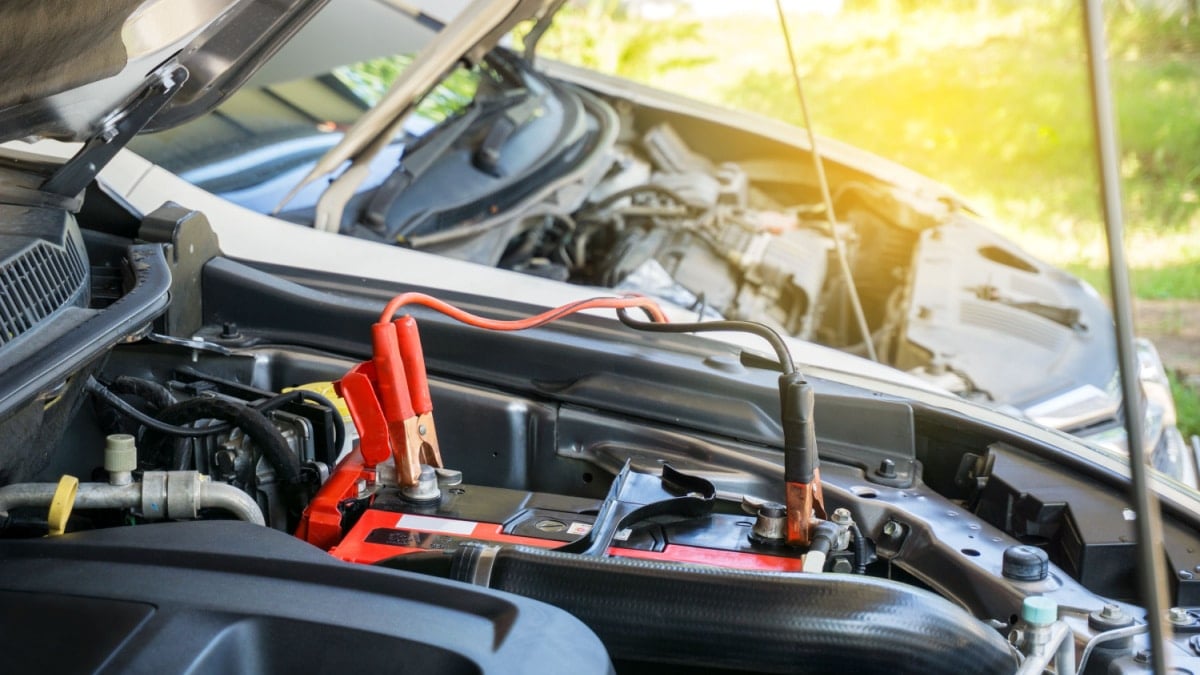If you are thinking about buying a Tesla, you likely have a lot of questions. For example, how much does it cost to charge a Tesla and what other costs do you need to think about?
In this guide, we examine the average charging costs. We also look closer at the additional expenses you might not have considered before getting behind the wheel of a Tesla.
How Much Does it Cost to Charge a Tesla?
On average, you can expect to spend somewhere from $8.50 to $20 to fully charge a Tesla model. Of course, there are many factors involved in determining this cost, making it highly variable. You could also charge for free if you find a compatible station at a local business.
The average Tesla charging time depends on what model you drive and the capacity of the battery that is left. It also matters how much electricity is in your region.
Factors Changing Cost of Charging a Tesla
1. Miles Driven
If you recently charged your Tesla, you won’t need to plug in for long to get it back up to full capacity. The opposite is true if you’ve been driving as far as your EV will let you.
The sooner you find a charging station, the more you can also save. By having the opposite to be more selective about the location, you can choose a cheaper charging station with just a little upfront research.
2. Model Chosen
The capacity and driving range of every Tesla is different. Some models will charge up faster than others because there isn’t as long of a driving range.
That’s why you want to carefully consider the specs before you choose which model to drive. If you are stopping more frequently to charge, you might end up spending more in the long run.
RELATED: How Long Does it Take to Charge a Tesla? (120v, 240v & 480v)
3. Price of Electricity
Depending on where you live in the country can also have a profound effect on what you spend. If you are in a region where electricity isn’t expensive, you are going to spend far less than someone in a high-dollar area.
Some of the cheapest electricity rates can be found in the Midwest. On the other hand, the northeast and west coast tend to have some of the highest prices.
4. Way Vehicle is Used
How do you use your Tesla? If you drive your Tesla to and from work without running any accessories, such as the air conditioning, you can get more miles to the driving range, thereby lowering the overall charging cost.
On the other hand, if you use all of the accessories or you haul heavy items in your Tesla, the driving range won’t be what you expect. By stopping more often to charge, you are going to spend more overall.
RELATED: How Long Does a Tesla Battery Last?
Types of Tesla Chargers
Level 1
Level 1 is considered a home charging method. It uses the household 120-volt outlet that has three prongs. Your Tesla vehicle has a mobile connector along with an adapter to accommodate this charging level.
You aren’t going to get a fast charge this way. It’s the slowest way to get a full battery, so don’t plan to go anywhere fast.
Level 2
With Level 2 charging, you will use a 240-volt connector. This is the fastest found at most homes or business offices. With this type of connection, you can get around 40 miles of range per hour.
While this is faster, it won’t become charged as fast as a Tesla Supercharger would. Plus, you will need to have a special connection installed by an electrician.
Superchargers (Level 3)
The Tesla Supercharger provides the fastest charge possible. With this system, you get plugged right into the grid, where you can get 480 volts of power or more.
In just an hour, a supercharger would be able to provide 1,000 miles of range, which isn’t needed for today’s cars but might be helpful in the future. Plus, there are more than 30,000 superchargers across the globe, making it easy to find one anywhere.
Is Tesla Charging Cheaper Than Gasoline?
With gas prices on the rise, it’s mainly obvious that charging an EV is going to be cheaper than hitting the fuel station. Even if you drive a gas-powered car that gets forty miles per gallon, you still have to spend $5+ dollars per gallon. Driving 100 miles at this price is going to cost you $12.50.
On the other hand, if you charge your Tesla for $10, you are saving money in comparison. Plus, you should be able to get more than 100 miles from this charge.
Other Costs Associated with Tesla Ownership
1. Home Chargers
To charge your Tesla at home, you may want an upgraded connection. While there’s nothing that needs to be done to plug into a standard outlet, this level of charging isn’t very quick. The parts alone to upgrade could cost you around $500 or more, which isn’t a big deal considering how much faster it will be.
Plus, you need a qualified electrician to get it set up. On top of that, you will see a rise in your electricity costs as a result of plugging in the Tesla.
2. Car Insurance Rates
There’s no way to get truly cheap car insurance, no matter how you look at it. To fully cover your vehicle, you are going to spend a premium price.
However, the Tesla lineup tends to have even higher insurance premiums. Because these cars cost more in general, you are going to pay more to protect them.
3. Upfront Vehicle Cost
There’s nowhere to find a cheap Tesla. These cars are simply among the top-priced on the market.
Your initial investment might set you back a little bit. In fact, some new Tesla models cost more than $100,000.
4. Battery Replacement
If you buy a brand-new Tesla, you don’t need to worry about battery replacement any time soon. It’s going to be covered by an extensive warranty that lasts at least eight years.
However, you may need one down the road and you will want to budget accordingly. The Tesla battery replacement can cost anywhere between $10,000 and $20,000. The battery may be the most expensive part of owning a Tesla, but you must also budget for the labor costs to put it in, as it should always be performed by a qualified technician. By putting a little money away every year, you make it more manageable to afford when the time comes.
RELATED: How Much Does it Cost to Replace a Tesla Battery?
5. Everyday Maintenance
The Tesla vehicle doesn’t require as much maintenance as a gas- or diesel-powered car. That’s because there’s no requirement for oil changes, spark plug replacement or transmission fluid flushes.
However, there will be some maintenance you need to have done to your Tesla. You still need to get tire rotations and brake repair at times. To prepare yourself for these bills, you want to plan ahead for the costs. Still, you are going to save a ton compared to the gas car owner that is getting service every 5,000 to 7,500 miles.
READ MORE: What Is The Average Tesla Maintenance Cost?
Can you charge a Tesla in a regular outlet?
Yes, you can slow-charge a Tesla in a regular outlet. You will need an adapter, which you can purchase from Tesla or from a third-party supplier. The process is fairly simple: just connect the adapter to the charging port on your Tesla and then plug it into any standard 110v household outlet
Should I charge my Tesla every night?
Yes, you should charge your Tesla every night with a low-voltage charger (regular 110v wall connector at home). The best way to preserve the longevity of your Tesla battery is to always keep it fully charged, and the easiest way to do that is by charging it every night.
Is it OK to leave Tesla plugged in for a week?
Yes, you can leave your Tesla plugged in for a week. There is no downside to having your Tesla plugged in, as there are advanced systems that monitor when it should charge your Tesla and when it shouldn’t.
How much does it cost to put a Tesla charger in your home?
Tesla chargers for home use can range in price from around $500 to over $1,500, depending on the model and type of charger you choose. The cost of installation will also vary depending on your home’s electrical system and whether you need to hire an electrician to do the work. In general, though, you can expect to spend several hundred dollars to get a Tesla charger set up in your home.
Tags: Tesla
Categories: Electric Vehicles
